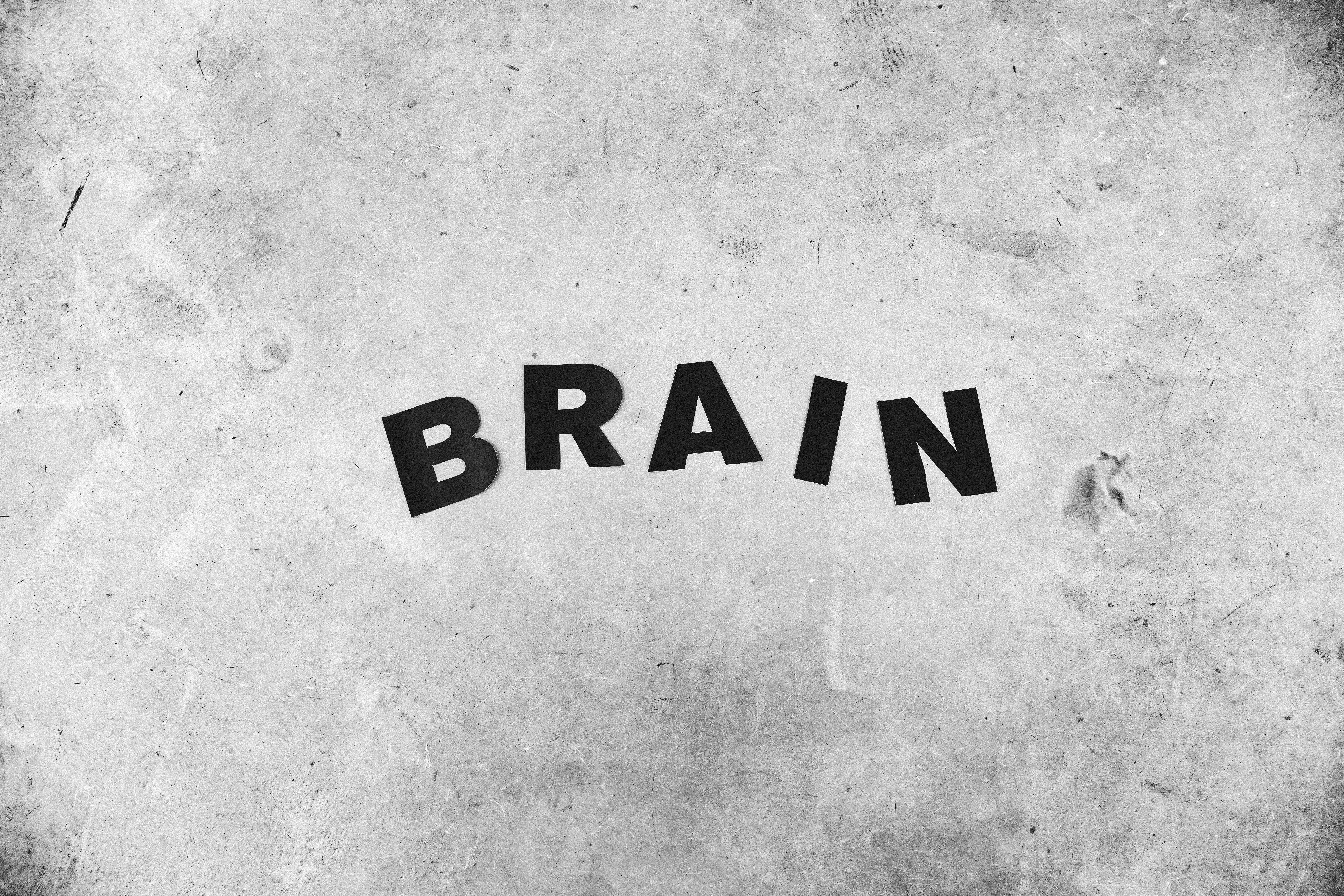Swelling after wisdom teeth removal is common, but it can be minimized with proper care and attention. In this article, we will discuss some tips on how to minimize swelling after wisdom teeth removal and help you heal quickly. We will also discuss the importance of following your dentist’s instructions and how to take care of yourself during the healing process.Wisdom teeth removal is a common procedure to remove the third molars located in the very back of the mouth. These teeth are also known as “third molars” and are usually the last permanent teeth to erupt. In some cases, wisdom teeth may not need to be removed, but in many cases they become impacted, causing pain and other oral health issues. During wisdom teeth removal, a dentist or oral surgeon will surgically remove the impacted tooth.
How to Reduce Swelling After Wisdom Teeth Removal
Removing wisdom teeth can cause swelling in the face and jaw. However, there are some simple steps you can take to reduce the swelling and help speed up your recovery. Here are some tips on how to reduce swelling after wisdom teeth removal:
Apply an ice pack or cold compress: Applying an ice pack or cold compress to the affected area can help reduce swelling. Cold compresses should be applied for 15 minutes at a time, followed by a 15-minute break. Repeat this cycle for several hours throughout the day.
Take anti-inflammatory medications: Nonsteroidal anti-inflammatory medications (NSAIDs) such as ibuprofen (Advil, Motrin) and naproxen (Aleve) can help reduce inflammation and swelling in the area where your wisdom teeth were removed. It’s important to follow the dosage instructions on the label carefully, as taking too much of these medications could be dangerous.
Get plenty of rest: Resting after wisdom tooth extraction is important for recovery. Getting plenty of rest will help your body heal faster and reduce facial swelling.
Keep your head elevated: When lying down or sleeping, keep your head elevated with pillows or blankets. This will help keep the swelling down in your face and jaw area by reducing blood flow to these areas.
Stay hydrated: Staying hydrated is important for healing after a wisdom tooth removal procedure. Drink plenty of water and avoid drinking alcohol or caffeinated beverages, which can cause dehydration.
Practice good oral hygiene: Keeping your mouth clean is important for preventing infection during recovery from wisdom tooth extraction surgery. Brush and floss regularly, but be gentle around the extraction site. If you experience any pain when brushing or flossing in this area, don’t do it until you’ve had a chance to speak with your dentist about it first.
Managing Pain After Wisdom Teeth Removal
It is common to experience some pain after wisdom teeth removal. The best way to manage this pain is to take the prescribed medication as directed by your doctor. Over-the-counter pain relievers such as ibuprofen or acetaminophen can also be used, but talk to your doctor first before taking any. In addition, it is important to keep the area clean and avoid touching the area with your fingers or tongue. Doing so can help reduce the risk of infection and further irritation. It is also important to rest and avoid strenuous activities that may cause additional swelling or pain.
Managing Swelling After Wisdom Teeth Removal
Swelling after wisdom teeth removal is common and usually subsides within a few days. To help reduce swelling, apply an ice pack or cold compress to the area for about 20 minutes at a time several times a day. Avoid eating hot, spicy, or acidic foods that may irritate the area and increase swelling. It is also important to stay hydrated by drinking plenty of fluids and make sure you get enough sleep each night. If your swelling does not go away after a few days or if it becomes worse, contact your doctor for advice.
Tips for Keeping Your Mouth Clean After Wisdom Teeth Removal
Wisdom teeth removal can be a daunting process, but it is important to take the necessary steps to keep your mouth clean and healthy afterwards. Here are some tips to help you maintain good oral hygiene following wisdom teeth removal:
• Gently brush your teeth twice a day with a soft-bristled toothbrush. Avoid brushing directly over the extraction site, as this could cause irritation and pain. Instead, brush around the area gently.
• Floss at least once a day to remove food debris and plaque buildup. Use waxed dental floss for extra comfort and be sure to floss around the extraction site gently but thoroughly.
• Rinse your mouth with warm salt water several times a day. Mix 1/2 teaspoon of salt in 8 ounces of warm water, swish it around your mouth for 30 seconds, then spit it out. This will help keep the area clean and reduce swelling and inflammation.
• Avoid drinking from straws or eating crunchy or chewy foods that may irritate the extraction site. Eating soft foods such as applesauce, mashed potatoes, soup, and yogurt are best until the area has healed completely.
• Avoid smoking or using any other type of tobacco products as this can delay healing and increase risk of infection.
• Take any medications prescribed by your dentist as directed for pain relief or infection prevention. Make sure to finish all courses of medication as instructed by your dentist in order to ensure proper healing of the extraction site.
By following these simple tips for keeping your mouth clean after wisdom teeth removal, you can ensure that healing goes smoothly and quickly while reducing risk of infection or other complications associated with wisdom teeth removal surgery.
How to Ice Your Jaw After Wisdom Teeth Removal
Ice therapy is an important part of recovery after wisdom teeth removal. Icing your jaw can help reduce swelling, pain, and other uncomfortable symptoms associated with the procedure. It is important to use ice therapy correctly so that it provides the maximum benefits and does not cause further discomfort or damage. Here are some tips on how to properly ice your jaw after wisdom teeth removal.
First, you should use an ice pack or a cold compress for icing your jaw. Make sure to wrap the compress in a clean cloth before applying it directly to your skin. Place the ice pack on the affected area for 15 minutes at a time and then take a break for at least 10 minutes before repeating. Icing should be done every few hours for the first 24 hours following surgery and then at least once per day until the swelling has gone down.
It is also important to be careful when taking off the ice pack or compress from your jaw. Do not pull off quickly as this may cause more pain or discomfort. Instead, slowly remove it from the affected area while gently massaging your skin in a circular motion with your fingertips.
In addition to icing your jaw, you should also take care of yourself in other ways during recovery from wisdom teeth removal. This includes getting plenty of rest and avoiding intense physical activity that could strain your jaw while it is healing. You should also eat soft foods that are easy to chew and drink plenty of fluids to stay hydrated.
By following these simple steps, you can help reduce swelling, pain, and other symptoms associated with wisdom teeth removal surgery. Properly icing your jaw can make recovery much smoother and less uncomfortable.

Natural Remedies to Minimize Swelling After Wisdom Teeth Removal
Swollen gums, cheeks, and jaw are common side effects of wisdom teeth removal. While the swelling will eventually subside on its own, there are some natural remedies that can help minimize the swelling and reduce discomfort associated with it. Here are some natural remedies you can try to reduce swelling after wisdom teeth removal.
One of the most commonly used remedies for reducing swelling is cold compresses. Cold compresses can be applied directly to the affected area for 15 minutes at a time, several times a day. This will help reduce inflammation and pain in the area.
Another remedy that can be used to minimize swelling is the use of herbal teas such as chamomile or peppermint tea. These teas contain anti-inflammatory properties that can help reduce inflammation and pain in the gums and jaw area. To make a tea, steep one teaspoon of dried herb in one cup of hot water for 5-10 minutes. Drink 2-3 cups of this tea throughout the day for best results.
Eating foods that are high in fiber can also help reduce swelling after wisdom teeth removal. Fiber helps draw fluid out of the swollen area which can help reduce inflammation and pain associated with it. Foods high in fiber include fruits, vegetables, legumes, and whole grains such as oatmeal and quinoa.
Finally, taking an over-the-counter anti-inflammatory medication such as ibuprofen or acetaminophen can also help reduce swelling after wisdom teeth removal.. Be sure to follow package instructions when taking any medications to ensure safety and effectiveness.
Essential Nutrients to Help Minimize Swelling After Wisdom Teeth Removal
Having your wisdom teeth removed can be a painful and uncomfortable process. Immediately following the procedure, swelling and inflammation can occur. Fortunately, there are certain essential nutrients that can help to minimize the swelling and inflammation associated with wisdom teeth removal.
Protein is an important nutrient for healing after a wisdom teeth removal procedure. Protein helps to support tissue repair, and can help reduce inflammation and swelling in the area where the teeth were removed. Eating lean meats, eggs, beans, nuts, and dairy products are all good sources of protein that can help promote healing after a wisdom tooth extraction.
Vitamin C is also an important nutrient for healing and reducing inflammation after a wisdom teeth removal. Vitamin C helps to form collagen which is necessary for wound healing and tissue repair. Eating foods high in Vitamin C such as oranges, strawberries, bell peppers, broccoli, tomatoes, kiwis or taking a supplement can help reduce inflammation after having your wisdom teeth removed.
Zinc is another important nutrient for reducing inflammation following a wisdom teeth extraction procedure. Zinc helps to reduce inflammation throughout the body as well as support the immune system which can speed up healing time after surgery. Eating foods such as oysters, beef liver, pumpkin seeds or taking zinc supplements can all be beneficial for reducing swelling after having your wisdom teeth removed.
Getting adequate rest is also important when it comes to minimizing swelling following surgery on your mouth or jaw area. Resting will allow your body to use its energy towards healing instead of other activities like exercise or other strenuous activities that could exacerbate any swelling or discomfort you may have from having your wisdom teeth removed.
By including these essential nutrients into your diet along with getting adequate rest you’ll be able to reduce any swelling or discomfort associated with having your wisdom teeth removed so you’ll be able to get back on your feet quickly!

Conclusion
It is essential to take proper care after wisdom teeth removal to minimize swelling. Start with simple at-home remedies such as applying an ice pack, taking over-the-counter medications, and following a soft diet. If the swelling persists, contact your dentist to determine if additional treatment is needed.
By following the tips outlined in this article, you will be able to minimize any swelling associated with wisdom teeth removal and ensure that you are on the road to a speedy recovery.
Finally, it is important to remember that each person’s experience with wisdom teeth removal can be different. It is best to consult with your dentist about any questions or concerns you may have.
